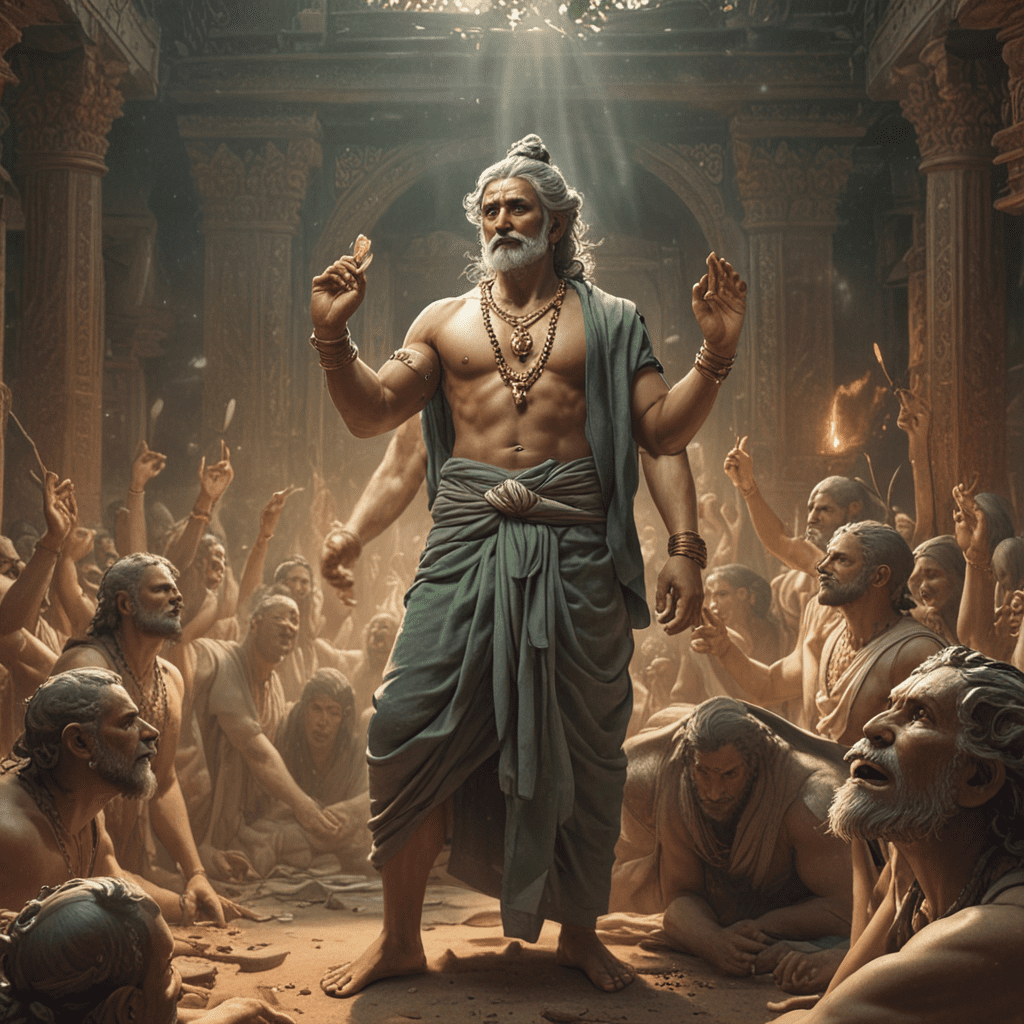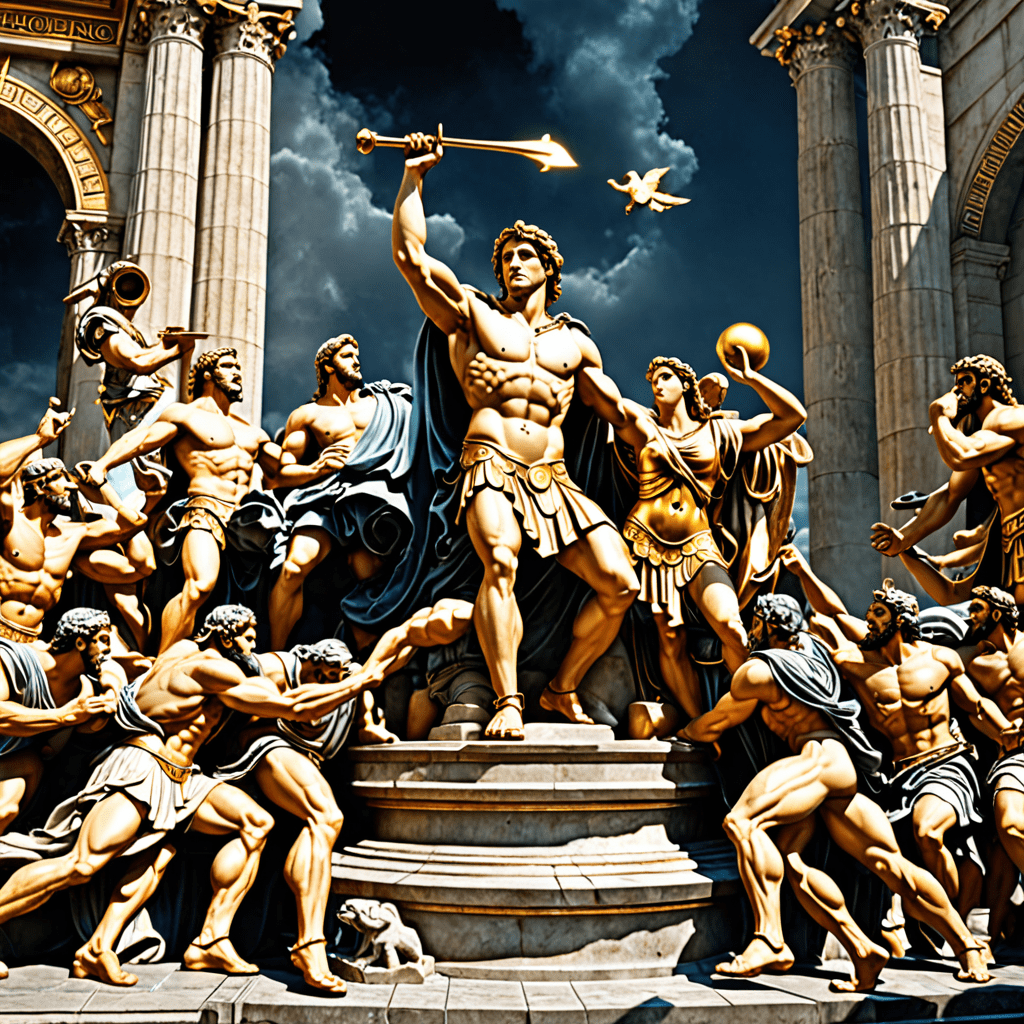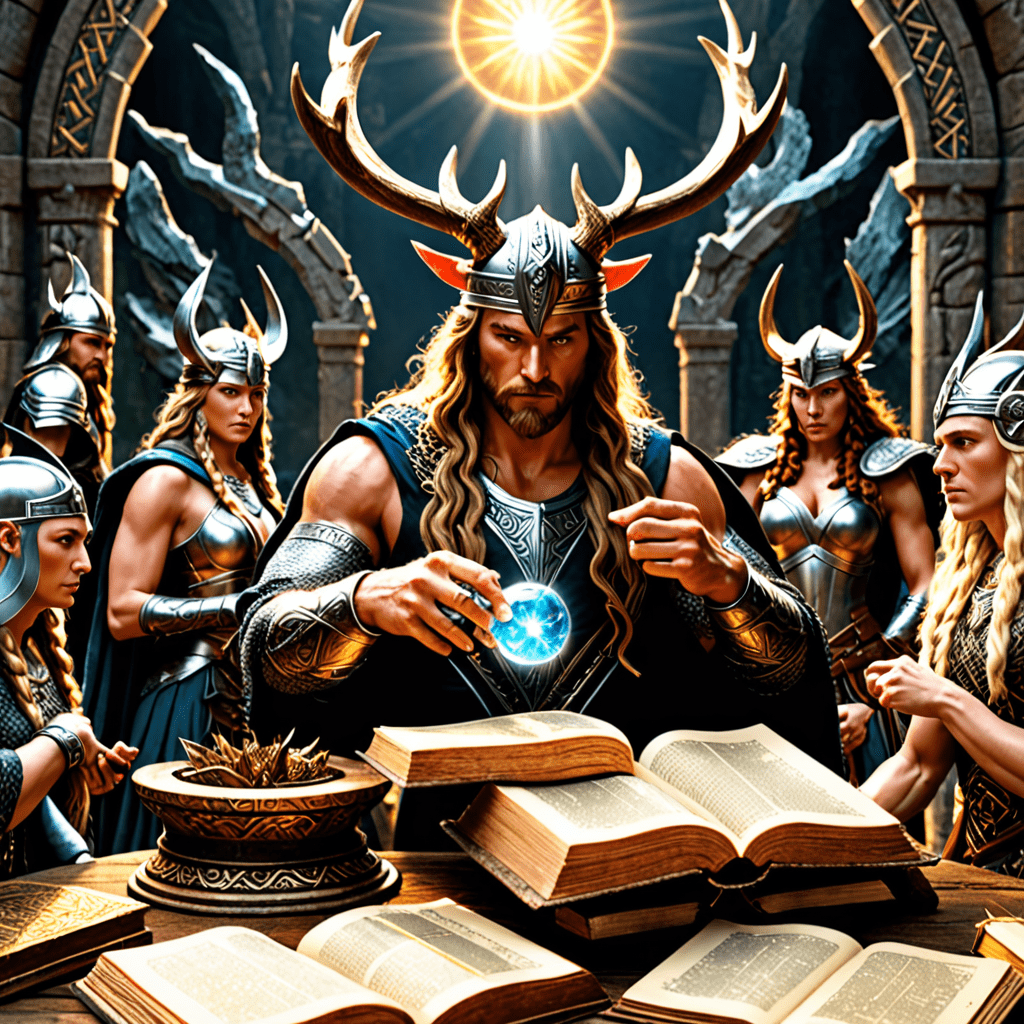The Myth of Sage Yajnavalkya: The Author of Yajur Veda
Introduction: The Myth of Sage Yajnavalkya
The figure of Sage Yajnavalkya, a venerated Vedic seer, is shrouded in ancient myths and legends that have captivated generations. His name resonates through the annals of Indian mythology as the pivotal figure believed to have authored the Yajur Veda, one of the most sacred texts in Hinduism. The myth of Yajnavalkya has shaped his legacy as a revered sage who left an enduring mark on Vedic literature and spiritual thought.
The Legends Surrounding Yajnavalkya
Throughout the Puranic scriptures, tales of Yajnavalkya's extraordinary life and encounters with other sages and deities abound. One prominent legend portrays him as a Brahmin born into a humble family who, through sheer dedication and perseverance, ascended to the status of a revered sage. His sharp intellect and profound knowledge of the Vedas brought him recognition and respect, as well as a reputation for his uncompromising adherence to Vedic principles.
Sage Yajnavalkya's Role in the Vedas
Yajnavalkya's contributions to the Vedas, particularly the Yajur Veda, are significant. He is celebrated as a prominent figure in many Vedic texts, including the Brihadaranyaka Upanishad and the Shatapatha Brahmana. His teachings and commentaries on the Vedic rituals and philosophies played a crucial role in shaping the development of Vedic thought and establishing the foundation of Hinduism.
The Origins of the Yajur Veda
The Yajur Veda, one of the four Vedas, is believed to have originated from the White Yajur Veda, which was compiled around the 10th century BCE. The Yajur Veda primarily consists of sacrificial formulas or yajus that guide priests in performing Vedic rituals. The text is further divided into two primary recensions: the Shukla (White) Yajur Veda and the Krishna (Black) Yajur Veda.
The Mythical Authorship of the Yajur Veda
While Yajnavalkya's name is closely associated with the Yajur Veda, the exact nature of his involvement is a subject of debate. Some scholars believe that he may have been the primary compiler or editor of the existing Yajur Veda, while others suggest that his contributions were more focused on particular sections or commentaries. The mythical aspect surrounding his authorship adds to the enigmatic nature of his legacy.
6. The Evolution of the Yajur Veda Tradition
Over time, the Yajur Veda underwent various revisions and additions, leading to the formation of several recensions or Shakhas. Each Shakhas represents a distinct tradition of Vedic rituals and interpretations. The Shukla Yajur Veda, for instance, has five prominent Shakhas: Vajasaneyi, Madhyandina, Kanva, Taittiriya, and Kathaka. These Shakhas differ in their arrangement of the hymns, the inclusion of additional texts, and their ritualistic practices.
7. The Symbolism and Significance of Yajnavalkya
The figure of Yajnavalkya in the Vedas holds immense symbolic and spiritual significance. He represents the quest for knowledge, the pursuit of truth, and the realization of the Brahman. His dialogues and teachings in the Upanishads, particularly the Brihadaranyaka Upanishad, explore profound philosophical concepts such as the nature of the self, the unity of existence, and the path to liberation.
8. The Influence of Yajnavalkya's Teachings
Yajnavalkya's teachings had a profound impact on the development of Vedic thought and Indian philosophy. His emphasis on monism and the unity of all existence influenced the rise of Advaita Vedanta, a prominent school of Hindu philosophy that advocates the non-duality of the self and the Brahman. His teachings also inspired the development of other spiritual traditions, including Yoga and Buddhism.
9. The Legacy of Sage Yajnavalkya
Sage Yajnavalkya's legacy continues to inspire and guide spiritual seekers to this day. His teachings on the nature of reality, the pursuit of knowledge, and the path to liberation remain relevant and transformative. His name is synonymous with Vedic wisdom and the profound insights that shape the foundations of Hinduism and Indian spirituality.
10. Conclusion: Unraveling the Myth and Legacy
The myth of Sage Yajnavalkya as the author of the Yajur Veda adds to the enigmatic nature of his legacy. His contributions to Vedic literature and spiritual thought are undoubtedly significant, yet the precise extent of his involvement remains a subject of exploration and debate. Through his teachings, Yajnavalkya emerged as a symbol of wisdom, enlightenment, and the pursuit of truth, leaving an enduring mark on the spiritual landscape of India.
FAQ
Was Sage Yajnavalkya the sole author of the Yajur Veda?
While Yajnavalkya's name is closely associated with the Yajur Veda, the exact nature of his involvement is a subject of debate. Some scholars believe he may have been the primary compiler or editor, while others suggest his contributions were more focused on particular sections or commentaries.
What is the significance of Yajnavalkya's teachings?
Yajnavalkya's teachings on monism, the unity of all existence, and the pursuit of knowledge profoundly influenced the development of Vedic thought and Indian philosophy. His ideas continue to inspire spiritual seekers and shape Hindu traditions to this day.
What is the relationship between the Yajur Veda and other Vedas?
The Yajur Veda is one of the four Vedas, along with the Rig Veda, Sama Veda, and Atharva Veda. Each Veda focuses on different aspects of Vedic knowledge and practices. The Yajur Veda primarily consists of sacrificial formulas used in Vedic rituals.


